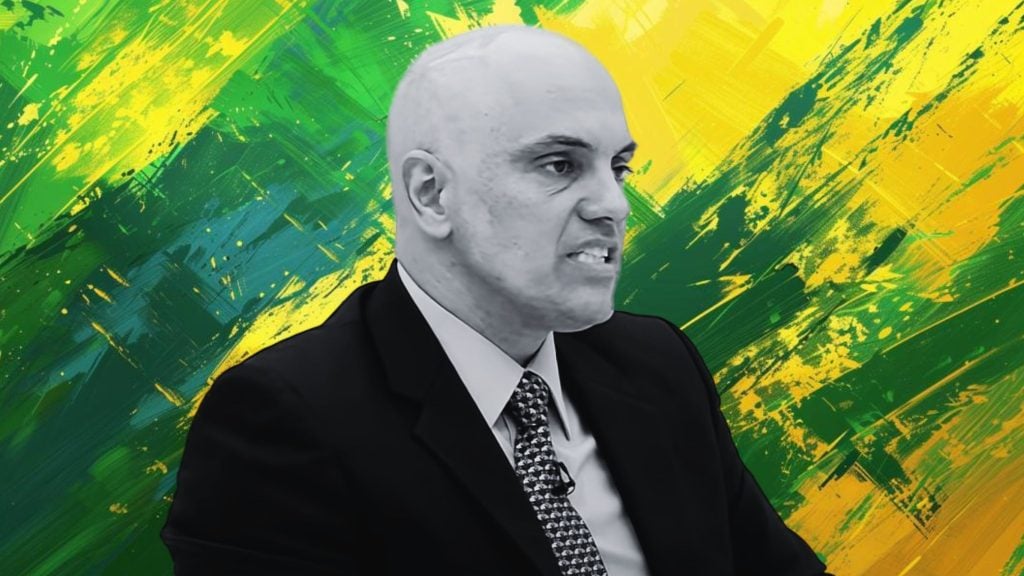Casper Klynge, Denmark’s diplomat currently deployed as the country’s foreign ambassador to the tech industry said that he was currently facing the toughest foreign posting of his career and addressed the struggles faced by smaller nations whilst negotiating and discussing with tech giants such as Google, Facebook, and Microsoft.
Denmark is the first nation in the world to create an exclusive diplomatic post for a representative to present the country’s interests to the tech companies. In 2017, Denmark went on and appointed Klynge in the aforementioned role after it concluded that the tech giants had an unprecedented influence on the lives of its people.
“These companies have moved from being companies with commercial interests to actually becoming de facto foreign policy actors,” said Klynge to the NY Times.
With a population of a mere 5.8 million, which roughly amounts to 0.3% of Facebook’s global user-population, Denmark is facing severe hardships to influence big tech and communicate its concerns and suggestions.
Klynge revealed that he had received a lukewarm reception from the tech giants and that in the past two years of his tenure, and he didn’t have the chance to meet Sundar Pichai, Tim Cook, or Mark Zuckerberg.
Danish government officials said it was like dealing with a “new world superpower”, according to The Times.
“We’ve been too naïve for too long about the tech revolution,” said Jeppe Kofod, Denmark’s minister for foreign affairs.
So Mr. Klynge’s position is part of an effort “to make sure that democratic governments set the boundaries for the tech industry and not the other way around,” Mr. Kofod said.
The struggles of Klynge collectively represent the hurdles faced by small nations in putting forth their concerns with big tech. Most small nations are currently frustrated with not being able to meet and influence the tech companies to suit their nations best interests.
The rise of social media and big tech has had an equal share of positive and negative effects. In several small nations, challenges such as propagation of misinformation and false news alongside data scandals, lack of robust cybersecurity measures, and low taxes paid by the tech giants outside the US have become troublesome.
A political-science professor said that smaller nations needed novel ways to attract the attention of the big players in the tech sphere and larger nations holding more power over these tech companies.
While Klynge might have faced an unsatisfactory start, it now seems like a few tech giants have however come to a stage where they’re more amicable and open to discussing with Klynge.
“It did take a few meetings before we understood the scope and intentions embedded in Klynge’s role. We have a good and constructive dialogue with the Danish tech ambassador, who speaks frankly, expressing both criticism and positive feedback,” said Peter Münster, a spokesperson for Facebook.
If you're tired of censorship and dystopian threats against civil liberties, subscribe to Reclaim The Net.









